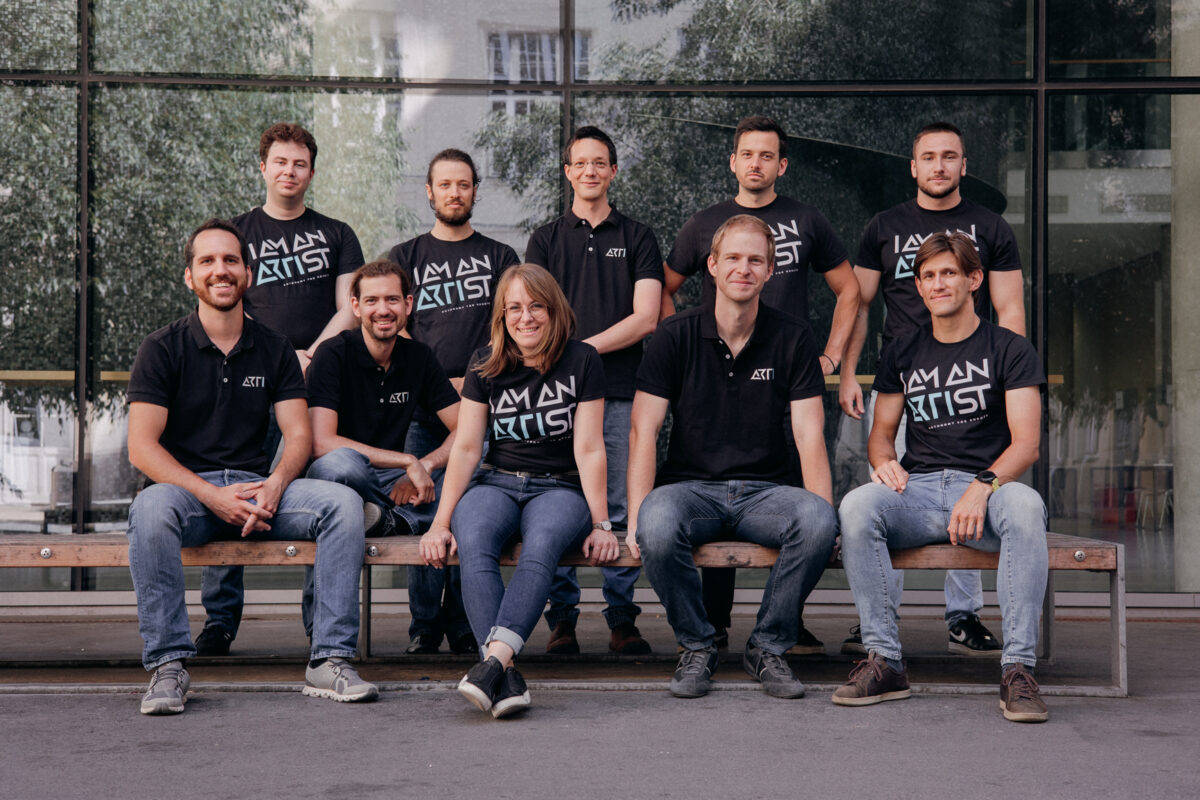Autonomous robotic navigation is a complex task. Human navigation skills are very distinct, whereas robots need a lot of information to understand their environment.
Autonomous robotic locomotion is already possible in structured environments (urban areas with networks of streets or predefined places like factory halls). Detailed mapping material is available, and surfaces are relatively flat, which simplifies the process.
But what about areas that are unstructured, vast, without predefined routes or remarkable points? There are no pre-existing maps that are detailed enough. And teaching robots the environment is a process that does not scale with the vast size of outdoor areas. Under these circumstances, navigation is an even more complex task.
ARTI develops AI Kits for autonomous mobile robots targeted to ground-bound vehicles with transportation tasks. During the project, the AI Kits will be developed further to enable autonomous mobile navigation in natural environments.
USP
The ARTI-AI-Kits are software modules that implement autonomous capabilities to mobile robotic vehicles while providing the "ARTI-features" of modular structure, simple implementation, and quick adaptation.
Target Market
Targeted markets are forestry/agriculture, rescue missions, alpine infrastructure, outdoor-transport, or ski resorts.
Space Connection
The crucial point in adapting the software for unstructured outdoor use is the procession of satellite data and remote sensing data for localisation, mapping, and navigation purposes.
